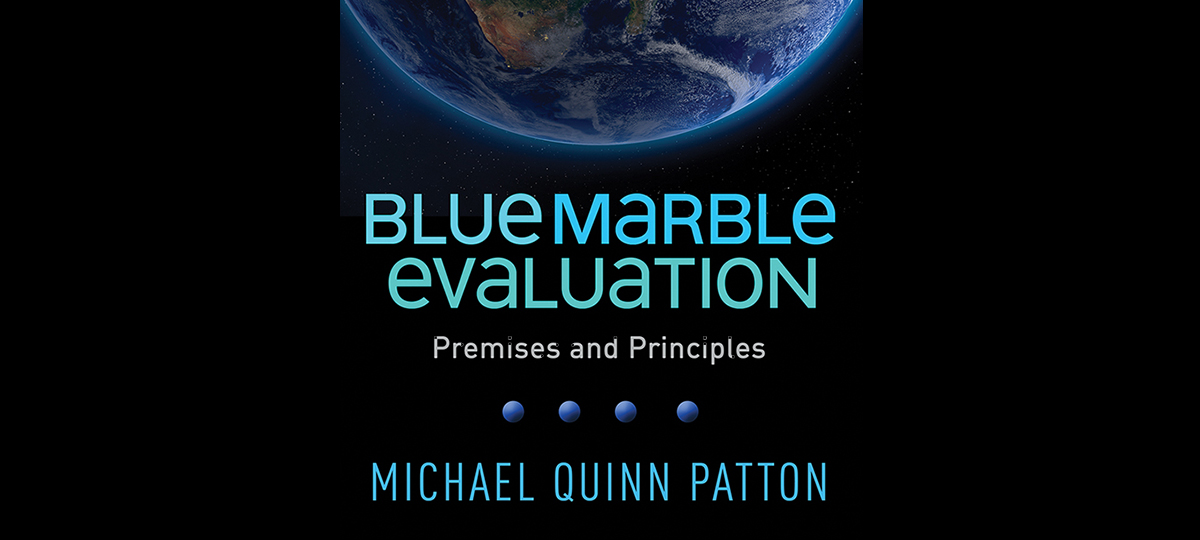
Blue Marble Evaluation III
Lead Organization:
Meridian Institute
Duration:
11/2020—11/2021
Overview:
The opportunity inherent in the first ever global Food Systems Summit (UNFSS) cannot be underestimated. There is increasing recognition that food systems are inherently connected to the source of many of the critical issues we face today – from climate change to migration and from public health to racial justice and gender equity. There is also increasing recognition that, at the same time, food systems are a brilliant pathway to the solutions. That is, if we get right how to re-envision and rebuild food systems to serve multiple interconnected objectives such as adequate, safe, and accessible nutrition, reduced greenhouse gas emissions, sustainable resource use, and equitable employment to name a few.
The need is urgent, and our ambition is high. Food systems touch all of society, and all stakeholders – every government, organization, individual – need to do more. As a result, the UNFSS must not be ‘just another conference’, but a broad, global, inclusive, all-of-society engagement process. This is an agenda that must be owned by everyone, and so the Summit will seek to get all ideas on the table and to ensure action is owned and driven by different actors. It will awaken the world to the fact that we all must work together to transform the way the world produces, processes, transports, consumes, and wastes food.
Grant Aims:
The process of preparing for the Food Systems Summit involves multiple pathways of documentation and dialogue. The Summit will include inputs from the Science Group, 5 Tracks, Champions Group, Food Systems Dialogues, and others. The Food Systems Dialogues will include 1) country-led dialogues, 2) global dialogues, and 3) independent dialogues.
To demonstrate the support role that can be played by the Blue Marble Evaluation network, we propose an evolutionary modular approach to supporting summit preparation beginning with the Independent Dialogues and Champions Network, and potentially building additional engagement (global dialogues, country-led dialogues, etc. in collaboration with 4SD) based on those early experiences, results, and lessons learned.
1- Independent Dialogues and Champions Network
2- Global Dialogues
3- County-led
4- Any other relevant additions
As these initial support processes unfold and generate initial synthesis findings, it will be possible to scale up rapidly to assist with country dialogues or sense-making syntheses of other Summit preparatory processes.
Outputs and Outcomes:
The ultimate outcomes of the Summit envisioned are:
• Dramatically elevated public discourse about the importance of food systems leading to the achievement of the SDGs and what to do to get the public working for people and planet.
• Significant action, with measurable outcomes that enable achievement of the 2030 goals. This will include highlighting existing solutions and celebrating leaders in food systems transformation, as well as calling for new actions worldwide by different actors, including countries, cities, companies, civil society, citizens, and food producers.
• A high-level summary and call to action developed through the process that will support Member States and other stakeholders to leverage their food systems capacity to reach the SDGs. Distilled through all elements of the preparatory process, these will summarize the optimistic and encouraging vision in which food systems play a central role in delivering on the vision of the 2030 Agenda.
• A system of follow-up and review that will drive new actions and results, allow for sharing of experiences, lessons, and knowledge, and incorporate new metrics for impact analysis.
To achieve these outcomes – public discourse, highlighting solutions, calls to action, follow-up and review – three imperatives will need attention to ensure success especially given the principles that have been discussed to underpin the summit – inclusion, accountability, transparency:
1. Gathering open-source supportive documentation, diverse evidence and perspectives, case studies, indicators, and background data of all kinds that describe the nature and status of food systems, including separating facts from fictions, distinguishing accurate information from misinformation, ensuring valid and reliable empirical data, and capturing complex dynamics processes as they unfold, especially important for grounding the summit in systems thinking and ensuring timeliness and relevance.
2. Organizing the massive documentation (item #1) for access and interpretation, including pattern identification, thematic syntheses, systems-oriented sense-making, and meaning- making to support dialogue within the context of the sustainable development goals and global developments like the coronavirus pandemic, the global “infodemic” (misleading social media information), social justice demonstrations around the world, the world economic situation (likelihood of a global economic depression flowing from the pandemic), climate change patterns, up-to-date equity data, and emergent food systems issues regionally and globally. This kind of synthesis follows the principle of seeing and illuminating interconnectedness.
3. “Translating” the findings and themes (#2) into products that are easily communicable to the networks of food systems actors and advocates in ways that build momentum and enhance understanding for and engagement in the summit.
The dialogue process leading up to the Food Systems Summit will generate significant data which will incorporate perspectives that already exist, and add substantially new and up-to-date perspectives and data. That data will require analysis and synthesis in order to highlight tensions, divergences, and differences as well as areas of convergence and shared meaning-making. This should allow the Summit to move forward in dealing with highlighted issues more quickly and deeply without having to generate the alternative perspectives anew.
The job of the collation, analysis, synthesis, and “translation” of the plethora of data requires unique
support that is truly global in nature, systems-oriented, independent, and trusted.